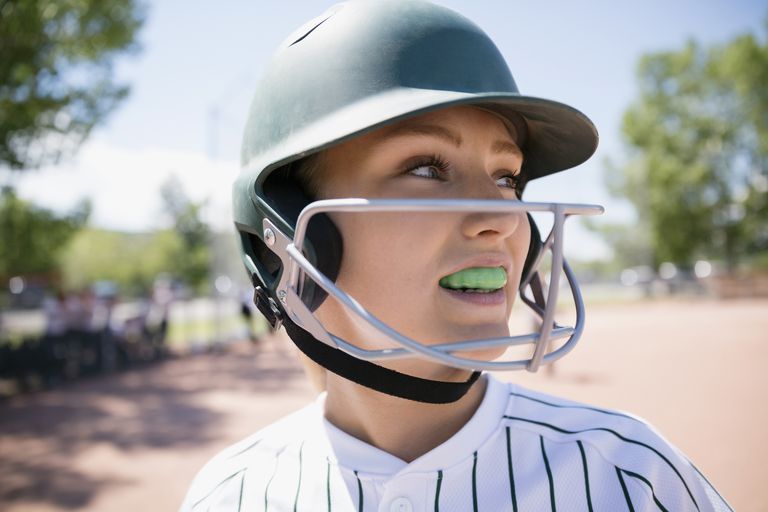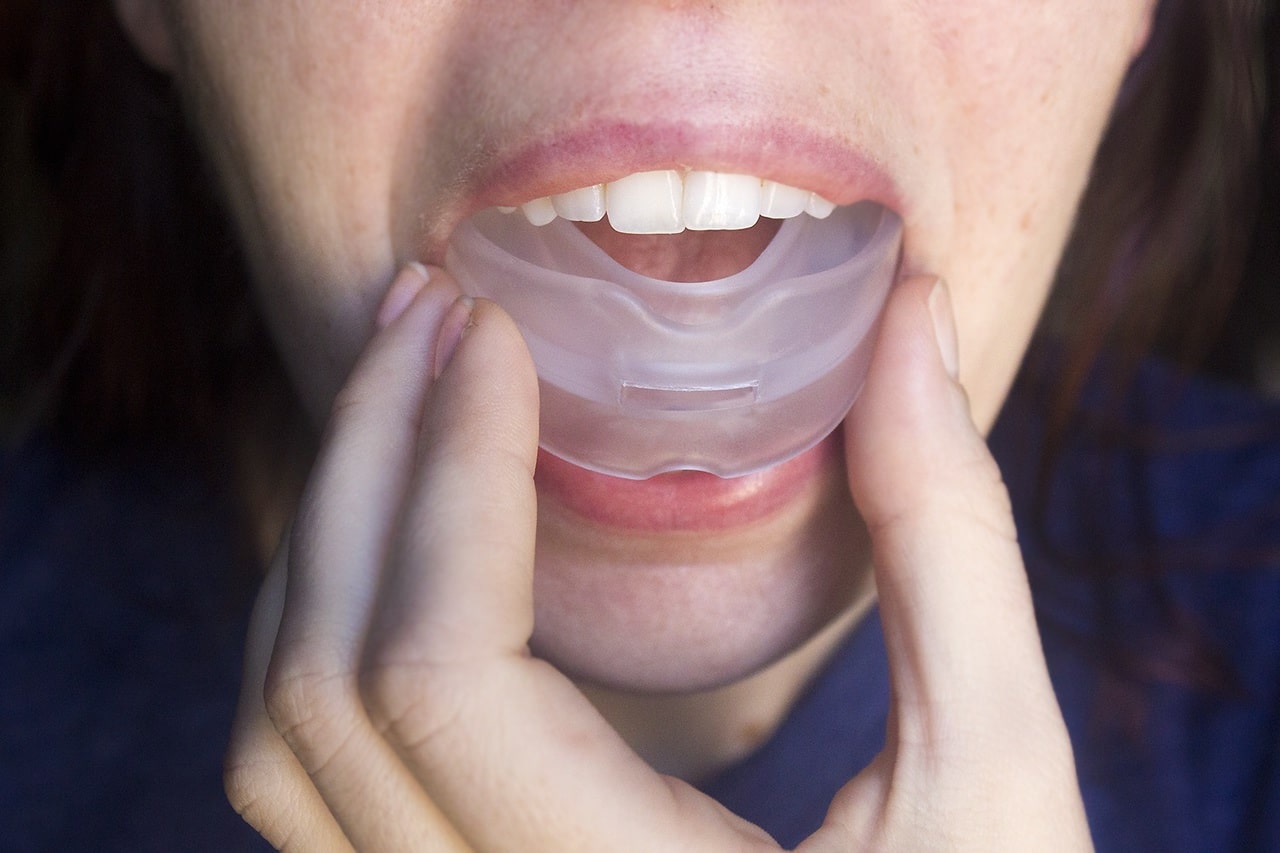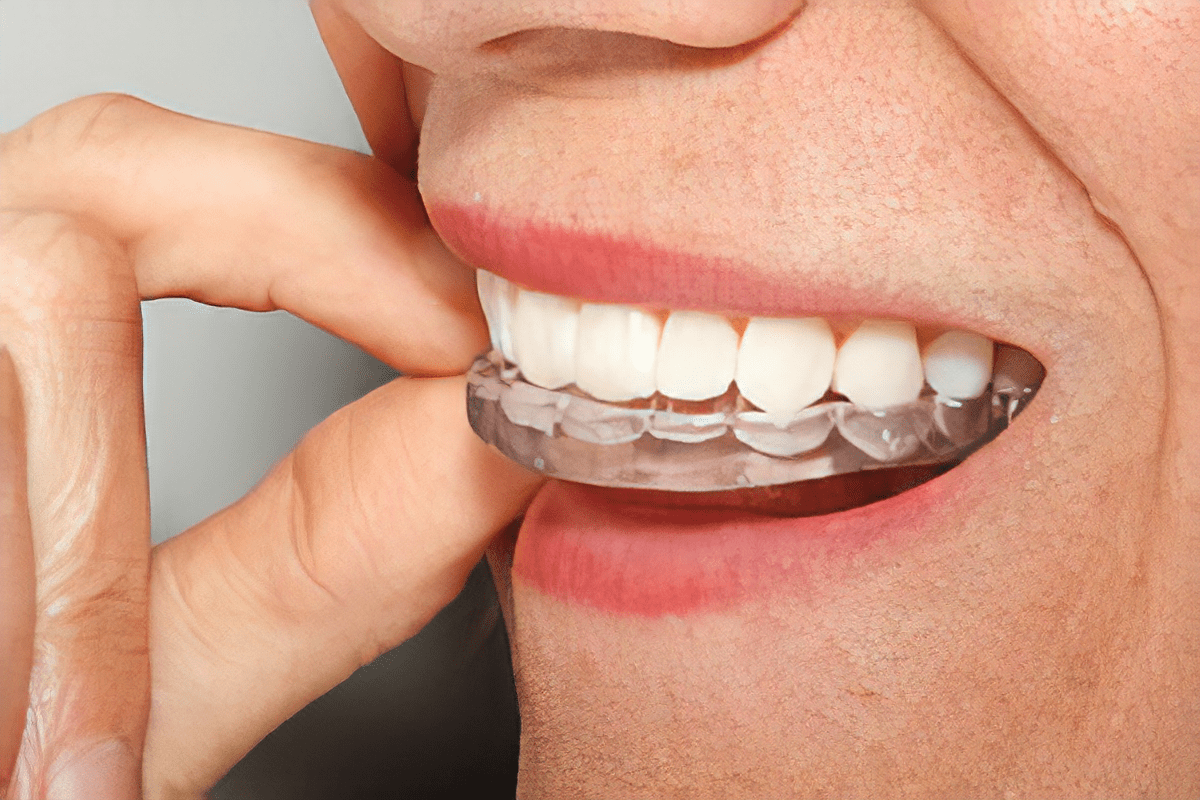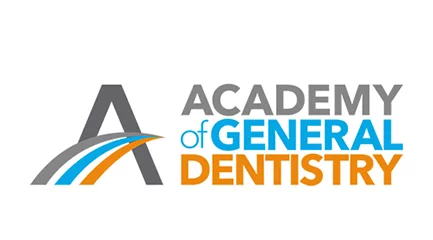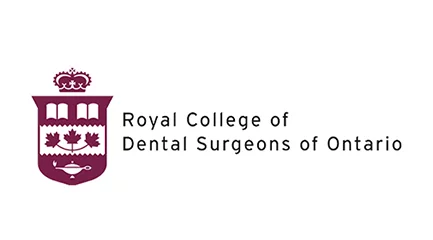You value having an attractive smile, so you are here. You have provided oral hygiene by brushing and flossing daily and visiting your dentist every six months. But you might wonder whether a mouth guard could enhance your smile even more. Your dentist may prescribe a mouth guard to retain your teeth’s enamel if you grind your teeth while asleep or are a sportsman.
What are mouth guards? Are they necessary or recommended for you? What are the types of mouth guards, and how should they be cared for? Let’s get started!
SHOULD YOU WEAR A MOUTH GUARD?
Mouthguards are an excellent preventive measure for numerous circumstances that negatively affect your teeth or gums. The outermost layer of our teeth – the enamel – is stronger than bone. Your dental professional advisor might suggest a mouthguard if you have such sleeping disorders as sleep apnea or bruxism, are a sportsman, or have TMD disorders.
WHAT ARE THE CATEGORIES OF MOUTHGUARDS?
We can categorize them according to purpose:
01. MOUTH GUARDS FOR SPORTS:
These guard your teeth, especially when you are engaged in sporting activities. In any contact sport such as boxing, wrestling, soccer, basketball, hockey, or football, mouthguards will also help minimize the chances of chipped or avulsed teeth.
02. MOUTH GUARDS FOR GRINDING TEETH:
Each appliance is designed to prevent the negative impact of grinding and clenching on your teeth. They may also help minimize or mitigate the impact of TMJ disorders. This type of mouthguard is unrestricted and can be worn any time of the day or night. However, since you grind or clench your teeth at night, it is common to wear a mouthguard. Some individuals also call these appliances night guards.
03. SNORING AND SLEEP APNEA DEVICES SUCH AS GUARDS:
Anyone who experiences chronic snoring or Obstructive Sleep Apnea may need to wear a mouthguard. This appliance moves and reorients the jaw to clear the airway while sleeping. In addition, mouthguards may be store-bought or custom-made:
STORE-BOUGHT:
Two kinds of mouthguards are available in the market: the ‘stock’ set, which is delivered right from the box, and the ‘boil and bite’ set, which you can barely alter from the comfort of your home. While these are slightly cheaper versions than those designed to fit a particular client’s mouth, they are not as protective as mouthguards designed for teeth grinding or any sports activity. They also do not aid sleep apnea treatment in any way.
CUSTOM-MADE:
A dentist fabricates this mouthguard to fit the dental structures perfectly. They are more comfortable because they do not incorporate standard sizes like mouthguards bought from stores. Boil and bite mouthguards are effective in treating bruxism and sports-related injuries since they are made to fit the individual’s mouth. They are also used in most cases as initial interventions in treating sleep apnea.
They also come in two categories:
- Those that can be used with the CPAP machine and those that cannot be used with it.
- Professional mouthguards tend to be expensive, but they are made to last longer than ready-made brands.
PROCEDURE DETAILS:
- If a patient requires a special mouthguard, a dentist will take impressions. For this process, they will use dental putty or even a digital handheld wand.
- Next, they will ship the impressions to a dental lab where a technician will create the Mouth Guard that will conform to the anatomy of your teeth.
- This process can sometimes last for as long as two weeks. A mouthguard should be worn whenever a patient has his teeth removed, experiences an injury in his mouth, or plays a contact sport.
- It depends on whether you want a mouthguard for sports or grinding teeth during sleep. If you require one when playing or practicing a contact sport, a mouthguard should always be worn.
- If you require it for teeth grinding, snoring, or sleep apnea, the mouthguard should be worn at night or during sleep.
- Consult your dentist if you have doubts about how often you should use the mouthguard.
RISKS / BENEFITS:
Wearing a mouthguard during contact sports and athletic activities can help you avoid:
- Chipped teeth.
- Knocked-out teeth
- Damage to the pulp of your tooth.
- Such problems as inflammation of the gum or
- Abrasion of your lips and inner cheek.
Wearing a mouth guard while you sleep can help reduce your risk for:
- Teeth enamel damage
- Snoring
- TMJ disorder
- Other effects include sleep apnea and other conditions it triggers, such as high blood pressure and daytime drowsiness.
CARING FOR YOUR MOUTHGUARD:
It goes without saying that after you use your mouthguard, you are expected to clean it to eliminate bacteria, just like you clean your teeth daily.
You can gently use a toothbrush and toothpaste to clean your guard after wearing it. Check for gaps or grooves to ensure you do not get a guard that causes your gums to feel sore or collects germs. One should consult a professional before using a mouthguard to solve a specific dental issue. We all believe that brushing and interdental cleaning our teeth daily is sufficient to maintain a healthy mouth.
However, non-traumatic yet rather ordinary problems such as TMD, sleep apnea, and bruxism are always there. Since you are so keen on oral health, you understand that prevention is worth a pound of cure. Making the decision and effort to wear your mouthguard will be the key to maintaining healthy enamel and a strong smile!
FOR HOW LONG CAN ONE USE THE MOUTHGUARDS?
Out of the numerous dental appliances, a mouthguard made for your teeth can last three years and even more, if used occasionally. However, some people may require a mouthguard to be replaced more frequently than that.
Remember to take your mouthguard with you during dental check-ups so the dentist can examine it for cracks or signs of deterioration.
Other mouthguards you will get from the store are less resistant than those you can make at home. You may need to replace them occasionally, probably a few times a year. Children and teens may have to get a new mouthguard more often as their teeth and mouth change.
FINAL THOUGHTS:
Mouthguards’ importance cannot be underestimated in diversified cases where teeth and gums need protection against injuries ranging from contact sports to sleep disorders such as bruxism and sleep apnea. There are mouthguards for sports, night guards, and for snoring or sleep apnea, and are available as regular ones and custom-made where the latter is more comfortable.
A mouthguard protects against conditions such as chipped or avulsed teeth, inflamed gums, and harm from bruxism, TMJ disorders, and sleep apnea.
By seeking the advice of a dental specialist, one is guaranteed to buy the correct mouthguard, which in turn helps boost one’s dental health hence a durable, healthy smile.

